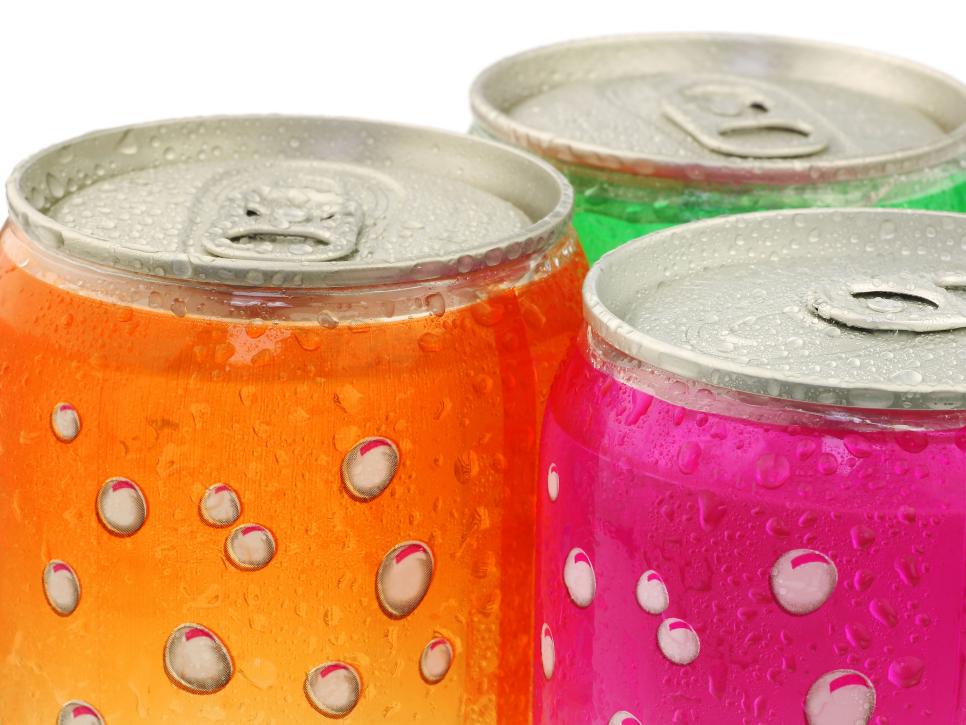 You’ve sworn off soda and you’re leery of juices, worried about their effects on your health and teeth. But, you figure, flavored waters, be they sparkling or still — Hint, La Croix, Ice, Poland Spring and their tasty, refreshing ilk — often pitched as a healthy alternative, should be OK, right? Except, wait, now you’re hearing that they may not be.
You’ve sworn off soda and you’re leery of juices, worried about their effects on your health and teeth. But, you figure, flavored waters, be they sparkling or still — Hint, La Croix, Ice, Poland Spring and their tasty, refreshing ilk — often pitched as a healthy alternative, should be OK, right? Except, wait, now you’re hearing that they may not be.
Are flavored waters messing with your tooth enamel? What’s a mindful sipper to do? We asked American Dental Association spokesperson Dr. Edmond R. Hewlett, a professor of restorative dentistry and associate dean for outreach and diversity at the UCLA School of Dentistry, to shed some light.
Do bottled flavored waters damage our teeth? What is the current thinking?
The dental safety of sparkling water is not a heavily researched area. What we do know, however, is that many commonly consumed beverages (for example, waters, juices, sodas and sports drinks) are, to varying degrees, acidic, as measured by their pH. Furthermore, we know that frequent consumption of acidic beverages can cause erosion of tooth enamel. The flavoring additives in many sparkling waters cause them to be acidic and must thus be viewed as potentially erosive.
Do still flavored waters have the same effect on teeth as sparkling?
It is the flavoring and not the carbonation that lowers the pH (increases the acidity) to a level that can potentially erode tooth enamel with frequent consumption. Laboratory studies have shown that (unflavored) waters, be they still or sparkling, have very low erosive potential and do not pose a risk to tooth enamel.
How do flavored waters compare to soda, in terms of the effect on your teeth?
Many soda drinks are acidic, and erosion potential of these beverages is many, many times higher than that of flavored waters.
Do you recommend steering clear of flavored waters altogether – or is it more a matter of moderation?
Flavored waters can indeed be enjoyed without risk to the health of our teeth, but mindfulness and moderation are key. While there is no defined “OK” amount of flavored water to drink, we know that it is important to minimize the amount of time that your teeth are exposed to any acidic beverage. It is safer for the teeth to chug than to sip, sip, sip for a prolonged time. The habit of holding or swishing a gulp of sparkling beverage in the mouth before swallowing should be avoided. Do not rely solely on flavored water for hydration — substitute in some plain water during the day.
Or maybe people should drink flavored waters through a straw?
Drinking flavored waters through a straw can’t hurt, but while it intuitively seems safer for the teeth there is no evidence confirming this.
So what’s the bottom line?
Plain fluoridated water is the healthiest beverage for teeth — it fights cavities! Enjoy flavored waters in moderation, but be sure to include lots of fluoridated drinking water in your daily hydration.
Amy Reiter is a writer and editor based in New York. Her work has appeared in publications including The Los Angeles Times, The New York Times, The Washington Post, The Daily Beast, Glamour and Marie Claire, as well as Salon, where she was a longtime editor and senior writer. In addition to contributing to Healthy Eats, she blogs for Food Network’s FN Dish.
*This article was written and/or reviewed by an independent registered dietitian nutritionist.



















